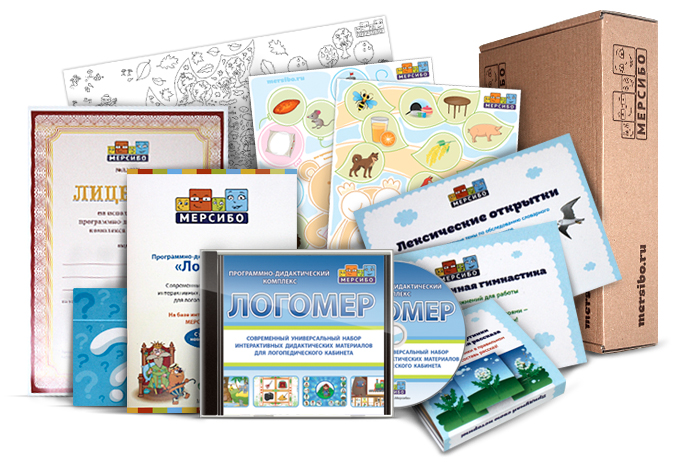hey and run it’s Jemima welcome back to my channel today I’m going to be giving you my top 5 tips on how to do that dreaded academic task essay writing so first off why is essay writing so hard for dyslexics well obviously we have a lot of trouble with spelling and putting our ideas into a written format it can be a really slow and laborious process it takes a lot more effort and I guess I like to explain it a little bit like almost translating our ideas into a second language by the time we actually get to do that we almost forget our ideas and then we end up having nothing on the page or very little on the page in the specified timeframe Before we jump into my top 5 tips the first question I would ask as both a student and maybe as a parent as well is you know is that task a hundred percent necessary to be completing and if it is necessary you know for Krita and all that sort of thing and is it a hundred percent necessary to produce that assessment in a written format does it really have to be an essay can instead I do an oral presentation to my teacher or perhaps I make a video and like I’m moving right now or perhaps I do a mind map or a poster or something that’s going to accurately display my knowledge of that topic rather than giving me a written essay that is probably going to display more of my weaknesses than my strengths and so that’s sort of tip 0 that would be my first question as soon as I get that academic task so once you and your parents have finally decided that yes that task is a hundred percent necessary and maybe yes it has to be in a written format my first tip is planning fairly obvious one but do not skip over this this is very important now obviously when you’re in in a primary school and the first couple years the second school they really emphasize planning to you they say young kids planning is great you should spend some time with it and then you get to you know your 10 year 11 year 12 and they go oh hold on no no no no planning is not cool anymore we got to do planning in two minutes or less absolutely ditch that advice planning is one of the most important steps for writing essays as a dyslexic student we tend to struggle a lot with organizing our thoughts and our ideas into a framework that we can understand and that our examiner can understand and by removing that planning step it all just won’t fall into place you’re almost setting yourself up to fail now what I would say about planning is don’t do it the way that your teachers taught you to don’t you know go step by step dot points and try and write it out in a linear format because you know we don’t think like that what I would suggest is to plan in my maps or pictures do it in a way that really works for you and works for your brain that will get your best ideas so for me if I try and write dot points and write it out in a line by line it’s so linear and it’s so constricting that I can’t branch out and think of the really weird ideas that are going to impress the examiner start with your main core topic in the middle and then branch out from there and and then once you’ve you know exhausted all the possibilities then you color-coded them or you group them together based on paragraphs so think outside the box and then bring it in to a normal person level so tip number two is to not write sequentially now what that means is don’t write an order when I was in year 12 I had a lot of text anxiety around my English exam and I was really really struggling to finish the exam even with extra time and so at that point I kind of had to go you know hey it’s time to think of something different think of a way that I could do this differently that is gonna show my skills and bring out the best work and so I went with my teacher and we figured out that I would start trying to not write in a linear format I would write you know the start of my introduction then I’d get an idea about my third paragraph while I was writing the introduction now go and write that idea down and then I might go up and do a bit of the second paragraph and then go and finish the introduction then write the third paragraph ending and then write the conclusion and then join it all together and you know if you’re a parent watching or if you’re non dyslexic watching I know that sounds crazy but to be honest it was the only thing that could work for me and yes I had to spend time at the end going through and making my ideas then flow but it meant that I can actually get my ideas out within the time frame while I was speaking about it otherwise I think we just forget like I think that’s the barrier guys I think we just forget our own ideas because that process is so laborious and slow and it’s almost like translating into a language that you’re not no you win by the time you do it you forget it so my advice is this write what you are passionate about at the time my third tip is to do all Corrections at the end obviously for running in that nonlinear format things aren’t always gonna flow the way that it flows if you’re writing in order but we don’t have three hours to write an essay so if that’s the way you can get the words out absolutely do that just make sure that you make it flow at the end you know go through don’t be the reread and pick up on all those mistakes now there’s all servers for spelling you know obviously if your handwriting something and you don’t have spellcheck you’re probably going to make a lot of spelling mistakes don’t get caught up on those mistakes I have a girl that I mentor at the moment and when she writes she you know it struggles with one word in terms of how to spell and she gets stuck on that word for ages just skip over it and come back and because what that does it is that it ends up disrupting all your ideas underline a word that perhaps you don’t know how to spell or it’s one to look up in the dictionary later and just come back to it at the end except so tip number four is to use speech-to-text now I’ve talked about speech-to-text in some of my other videos but it really is a great tool for writing really long bits of text like essays and if you are struggling to get your ideas out make sure that you try and use a speech-to-text program because then he can just spit them out as they come to you and then you can edit it later yeah microphone icon on your iPhone or iPad works really well or just using Siri another really good app for an iPad or an iPhone is my secretary it’s a free app and it’s kind of the only one I’ve come across lately but it has a pretty good accuracy on it or there’s you know the old dragon speak if you can’t use speech to text or don’t 1 2 that’s totally fine strongly recommend using a computer though computers are great for obviously spellcheck but they’re also great for editing if you’re not writing sequentially because you can easily leave spaces between things you can come back and add bits onto paragraphs you can jump around the text any way that you like they’re really helpful for that the other thing is that if you can’t use a computer then that’s also fine but we strongly recommend to number the paragraphs that you’re writing and at the time just so the teacher or the examiner can follow where you’re writing if you’re not writing sequentially so all you do is and you know say you’re writing the bit of the introduction you just put a little 1/4 paragraph 1 then you might leave a space and write on the second page and start writing paragraph 3 put a little 3 up in a circle that will help you keep track of where you’re writing as well but also let the teacher know where your paragraphs are in your own essay so I hope these tips helped you guys out if they do leave a comment below and share our an essay tips if you’ve got a few tips that you’ve developed over the years of writing essays or maybe you’re still a student and you just figured out a way how to get those ideas onto the page let everybody know I really want this to be a community of sharing ideas sharing tips and tricks and strategies so that everybody can use them thank you very much for watching and I’ll see you guys next time [Music]









